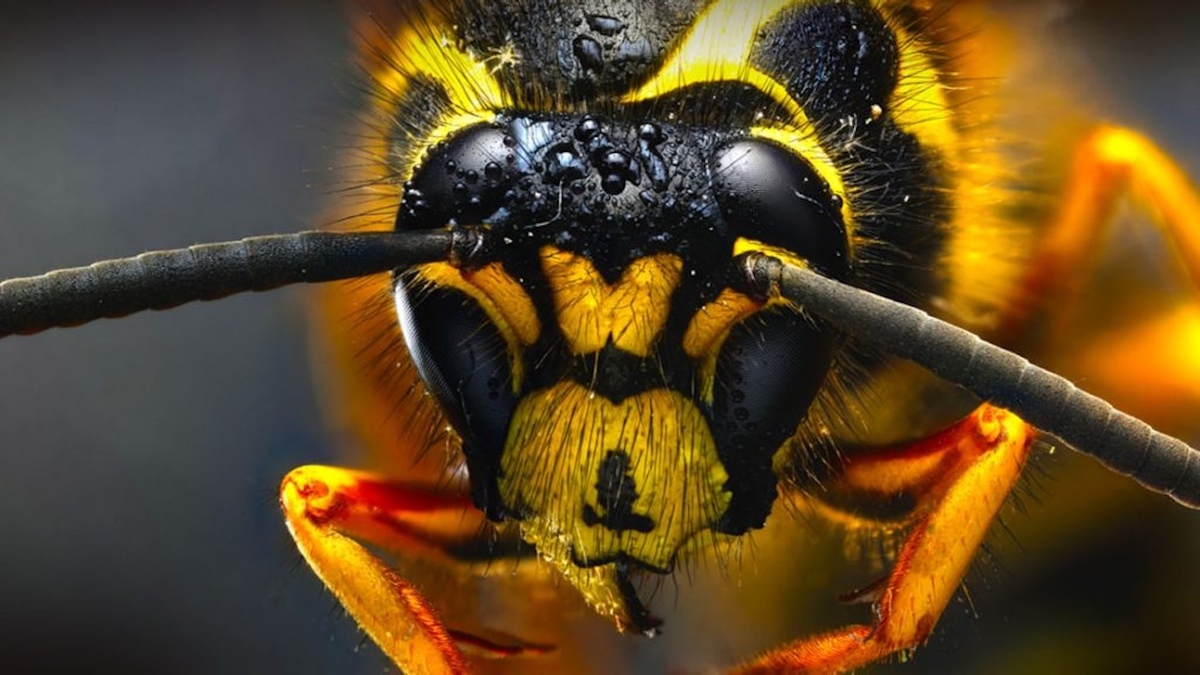Wasp Numbers Soar Across New Zealand
Staff Reporter
29 March 2025, 11:29 PM
 Experts warn of soaring wasp numbers, causing environmental harm. Image: Macroscopic Solutions.
Experts warn of soaring wasp numbers, causing environmental harm. Image: Macroscopic Solutions.New Zealand is facing a significant wasp surge this summer, with the highest recorded densities of common and German wasps globally.
According to Professor Jacqueline Beggs from the University of Auckland, this rise in numbers can be attributed to a long, dry, hot summer, which has created the perfect conditions for wasps to thrive.
Wasp populations tend to follow a cyclical pattern, and this year has marked a high point.
While the increase in wasp numbers may seem alarming, Beggs points out that these pests have a considerable environmental impact, especially on native species and ecosystems.
The wasp explosion in South Island beech forests is particularly concerning, as wasps feed on native insects and compete for resources with native birds, bats, and lizards.
The influx of wasps is a serious environmental issue because they not only feed on protein but also consume sugary substances like nectar.

University of Auckland Professor Jacqueline Beggs says exotic wasps do serious harm to native insects and birds.
Beggs suggests that, despite the challenges, control measures are within reach.
One successful strategy is the use of Vespex, a toxic bait that eliminates wasp nests within days.
This method poses no risk to honeybees, as it uses animal protein to lure the wasps, while bees do not consume animal protein.
The bait is delivered through stations, which help ensure that the poison remains safe for other species.
However, Beggs also cautions against the use of homemade poisons, which may contain sugar and inadvertently harm bees or contaminate honey.
Wasp nests, particularly larger ones, can be dangerous, as they are fiercely guarded by workers ready to sting.
Professor Beggs advises that the best time to target wasp nests is between January and February when nests are at their peak.
Destroying nests before they grow too large can prevent the exponential increase in numbers, which could lead to millions of wasps in just a couple of years.
These nests can survive through winter, with multiple queens often taking refuge in them, further escalating the problem.
Beggs also highlights that New Zealand is home to a variety of native wasp species, which are solitary and play important roles in the ecosystem.
Unlike the invasive species, these native wasps do not pose a nuisance to humans.
Despite the challenge of managing wasp populations, Beggs remains hopeful that with careful planning and timely action, it’s possible to mitigate the harm caused by these invasive pests.
FOR SALE
ATTRACTIONS

